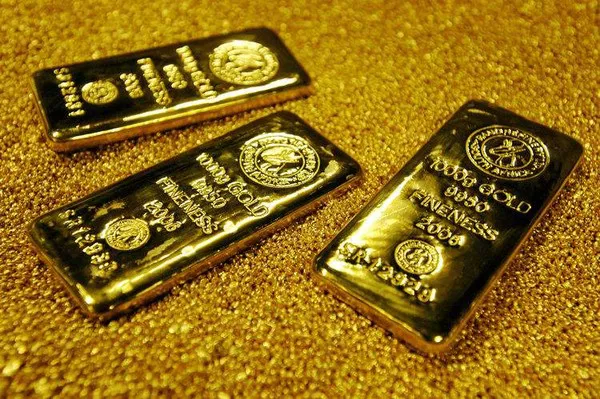Gold, with its timeless allure and intrinsic value, is a cherished asset across cultures. Individuals often explore global markets to find the most favorable prices when buying or selling gold. In this exploration, we delve into the question of whether gold is cheaper in Dubai compared to India, examining the factors influencing prices in these prominent markets.
1. Understanding Gold Prices in Dubai
Dubai as a Gold Hub:
Dubai has earned a reputation as a global gold trading hub, with a significant share of the world’s gold passing through its markets.
The absence of value-added tax (VAT) on gold in Dubai is a key factor that contributes to competitive prices.
Import Duties and Taxes:
Dubai’s tax-friendly policies, with no VAT on gold, result in lower overall costs for buyers and sellers.
The lack of import duties on gold in Dubai contrasts with the tax structure in many other countries.
2. Dynamics of the Gold Market in India
Cultural Significance:
Gold holds immense cultural significance in India, often playing a crucial role in religious ceremonies, weddings, and festivals.
The high demand for gold in India is a driving force behind its vibrant gold market.
Import Duties and Taxes:
India imposes import duties and taxes on gold, contributing to higher overall costs for buyers.
The Goods and Services Tax (GST) and customs duties impact the final price of gold in the Indian market.
3. Impact of Exchange Rates
Currency Exchange Rates:
The exchange rate between the UAE Dirham (AED) and the Indian Rupee (INR) plays a pivotal role in determining the relative cost of gold between the two countries.
Fluctuations in exchange rates can influence the perceived affordability of gold in each market.
4. Making Price Comparisons
Pricing Structures:
Gold prices are typically quoted per gram or per troy ounce.
To compare prices effectively, individuals need to consider the same unit of measurement and assess any additional charges.
Local Market Variations:
Prices may vary within each country based on factors such as the city, the specific market, and the reputation of the seller.
Urban centers like Mumbai or Dubai may have slightly different price dynamics than smaller towns.
5. Considerations for Buyers and Sellers
Dubai for Bullion and Bars:
Dubai is often considered an ideal destination for purchasing gold bullion and bars due to its status as a global trading hub.
Buyers seeking investment-grade gold may find competitive prices in Dubai.
India for Jewelry and Traditional Pieces:
India’s rich tradition of gold craftsmanship makes it an attractive market for purchasing intricate jewelry and traditional gold pieces.
Buyers interested in ornate designs and craftsmanship may find a diverse range of options in India.
Conclusion: Context Matters in Gold Pricing
In conclusion, determining whether gold is cheaper in Dubai than India requires consideration of various factors, including tax structures, import duties, exchange rates, and local market dynamics. Each market has its unique characteristics, catering to different preferences and purposes for buying gold.
While Dubai’s tax-friendly environment and status as a global gold hub contribute to competitive prices, India’s vibrant gold market and cultural demand add a different dimension. Buyers and sellers should assess their specific needs, whether focused on investment-grade gold, intricate jewelry, or traditional pieces, to make informed decisions based on the context that matters most to them. Ultimately, the perceived affordability of gold is influenced by a combination of these factors, and individual preferences play a crucial role in determining the most suitable market for buying or selling gold.

